- Foundation donates 50,000 euros to online testimony project
- The digital project will publish the testimonies of Channel Islanders sent to Nazi prisons and concentration camps
- Find out more about the foundation donating the money below
A DIGITAL project to publish the testimonies of Channel Islanders sent to Nazi prisons and concentration camps has been awarded 50,000 euros by a German remembrance foundation.
The website, which is the brainchild of Cambridge University lecturer Dr Gilly Carr, was awarded the money by Remembrance, Responsibility and Future – a foundation which supports digital projects on the subject of victims of Nazi persecution.
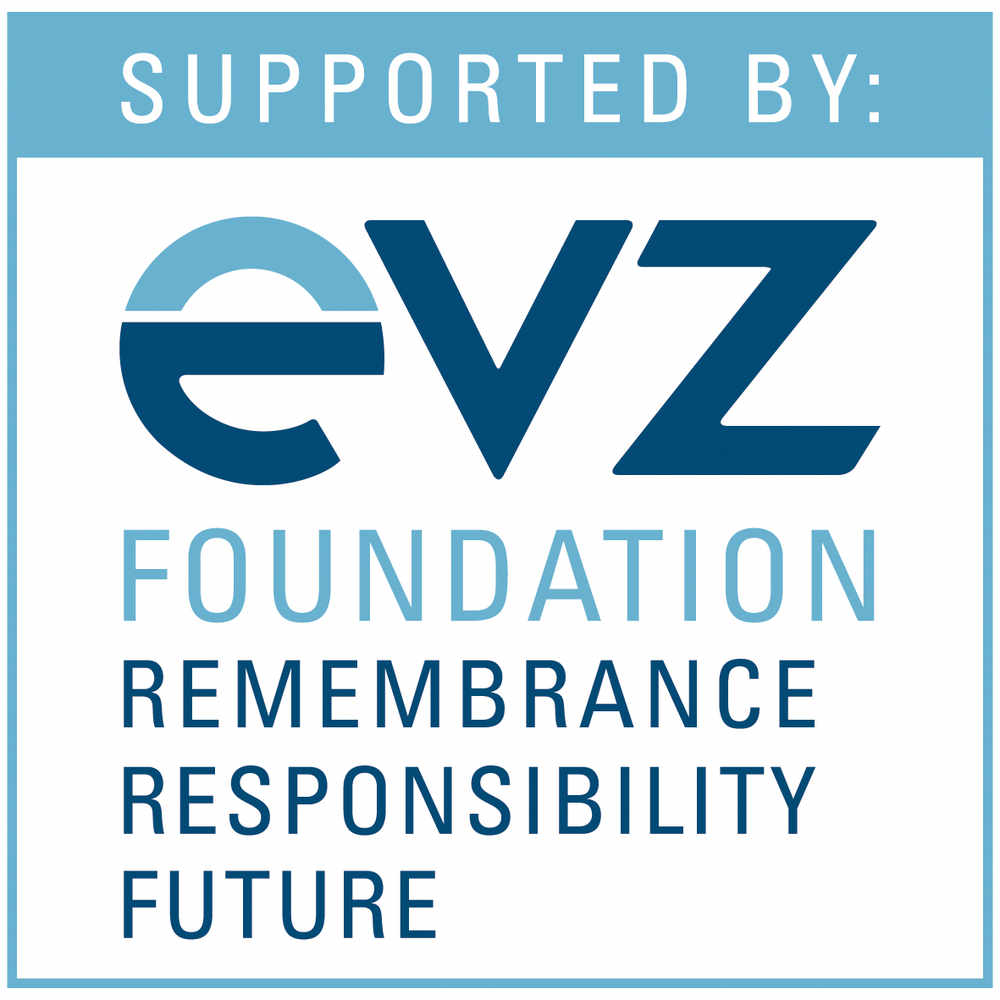
- The EVZ foundation, Remembrance, Responsibility and Future, was established in 2000, primarily to make payments to former forced labourers.
- The payments programmes were completed in 2007.
- The foundations capital of 5.2 billion Euros was provided by the German Government and German industry.
- A total of 358 million Euros was set aside as foundation capital in order to finance project support.
- The foundation finances its long-term funding activities out of the income generated by this capital.
- The foundation supports international projects in the following areas: A critical examination of history; Working for human rights; and Commitment to the victims of national socialism
It is the first time that any Channel Island project has received funding from the organisation, which is part-funded by the German government and formerly provided compensation to forced workers under the Third Reich.
Dr Carr, whose work on the Channel Islands Occupation has been published internationally, said that the website would contain photos and family archives about deportees, as well as information about the prisons and camps to which they were sent.
She also plans to include a map of Europe showing the journeys taken by Channel Islanders to at least 90 different camps and prisons across the continent, in addition to records of annual Holocaust Memorial Day ceremonies in Jersey and Guernsey.
Once the new system is up and running, social media groups such as the recently launched Facebook group ‘Channel Islander victims of Nazi persecution’ will be linked to the site.
Dr Carr said: ‘We know that 21 people from Jersey and eight from Guernsey died in Nazi or Nazi-controlled institutions, and it is hoped that this website will also be used by teachers and students as well as Islanders who wish to learn more about their family members or about aspects of the Occupation that have rarely been spoken or written about in any detail.
‘The website will help to ensure that this aspect of the Occupation can be accessed by people across Europe who have no idea that Britons also experienced Nazi camps.
‘By and large, this experience is deemed by most people, especially in the UK, to be a continental experience only. The website will help to correct this impression.’
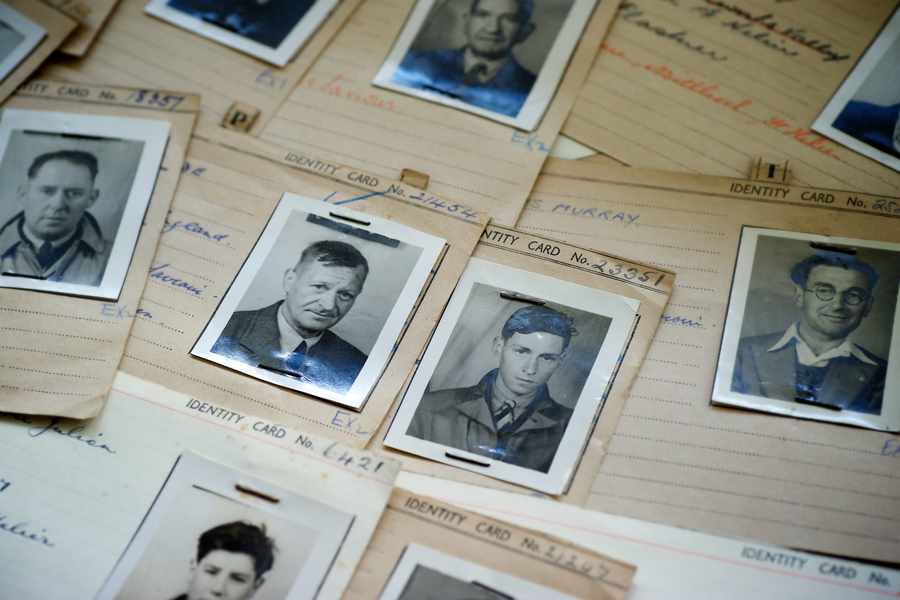
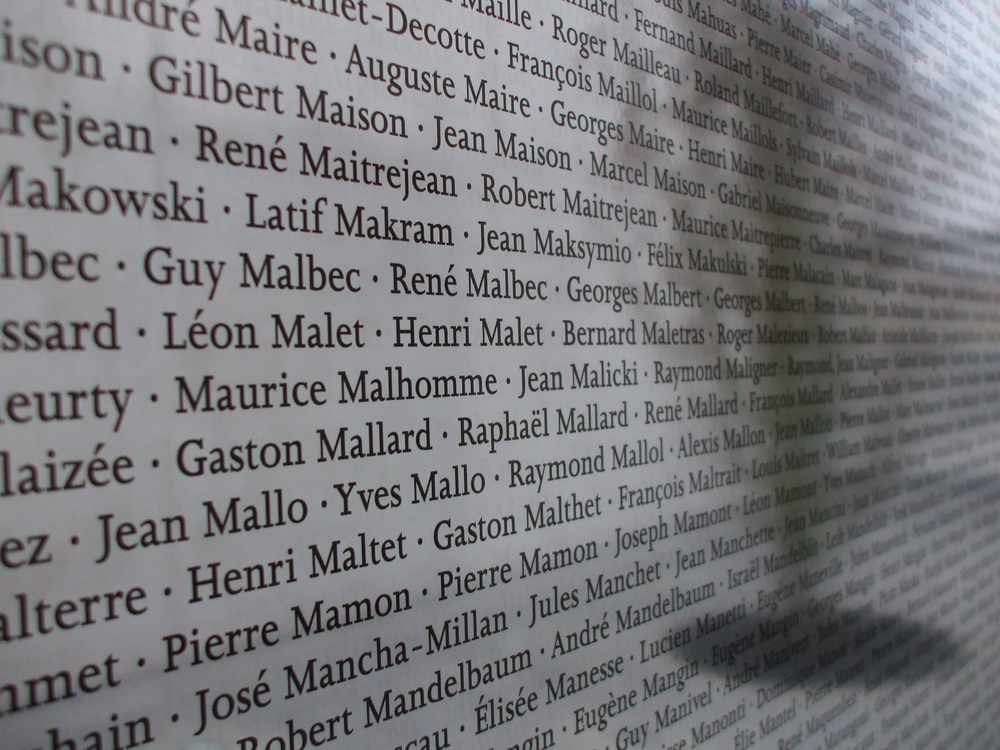

Dr Carr said that the project would also pay for workshops for schools, and that these would be recorded for the website to create a wider picture of how the Channel Islands recognise, remember and commemorate these groups.
This generous grant will provide a technologically advanced way of recording this important aspect of the Channel Islands’ history, all available in one place for the benefit of heritage and education.’
The website is due to be constructed as soon as the money is received from Germany, and Dr Carr says that she would like to hear from anyone whose family members were sent to the camps during the war or who have any archived material.
Dr Carr can be contacted via email on gcc20@cam.ac.uk.
Meanwhile, a wartime scrapbook, featuring the news that was delivered to Islanders when the Germans occupied Jersey, has also gone online, it was revealed this weekend.
The 197-page volume contains hundreds of cuttings of articles from the Evening Post – the former name of this newspaper – published between July 1940 and June 1945.
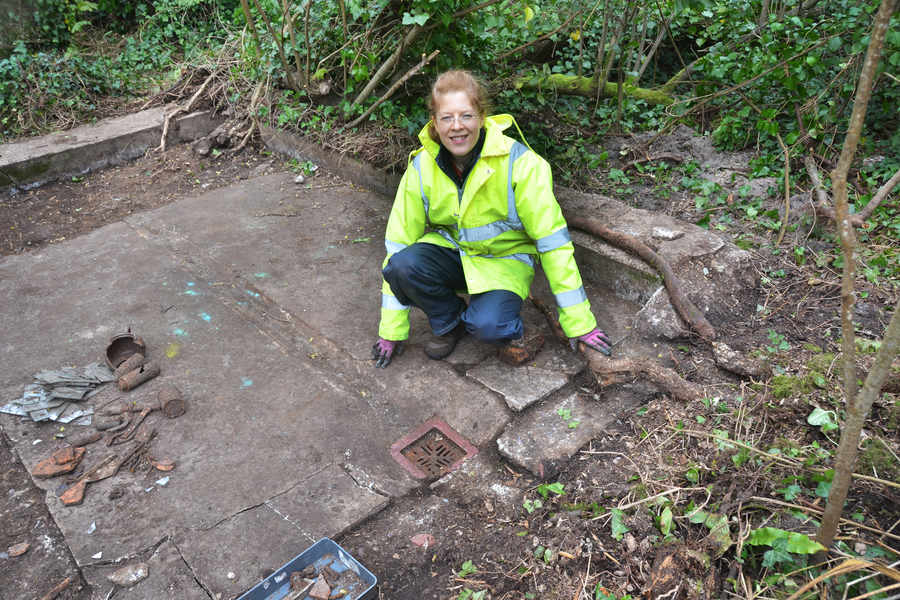
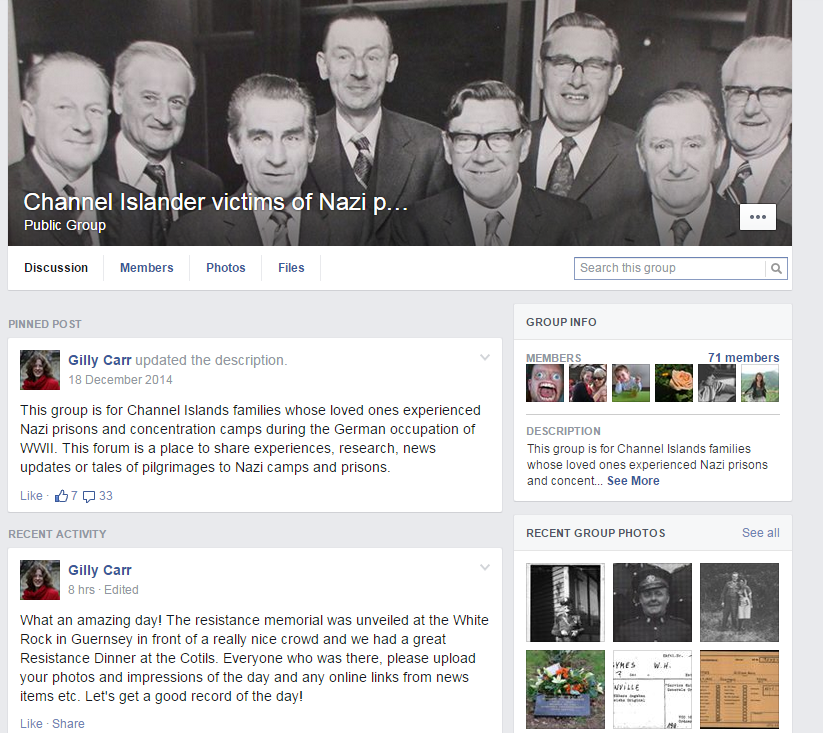
EARLIER this year, Dr Gill Carr also set up a Facebook page for Islanders whose family members were deported to Nazi prisons and concentration camps during the Occupation.
She set up Channel Islander victims of Nazi persecution to encourage people to get together and share stories and photographs of the experiences of their loved ones, and learn more about the prisons and concentration camps.
More than 250 Islanders were deported to Nazi prison camps across Europe, in addition to the 1,300 imprisoned in Jersey and Guernsey.
Speaking in January this year, she said: ‘The Facebook group has been set up so that the children, grandchildren and other relatives of these people might share the anecdotes that were told, as well as information from their own research, so that others can learn more about what was never spoken about in the home.
‘Often the men and women who endured such experiences did not want to tell the next generation and fill their heads with the violent and distressing images that were trapped within their own heads. These were the most secret of all wartime stories.’






